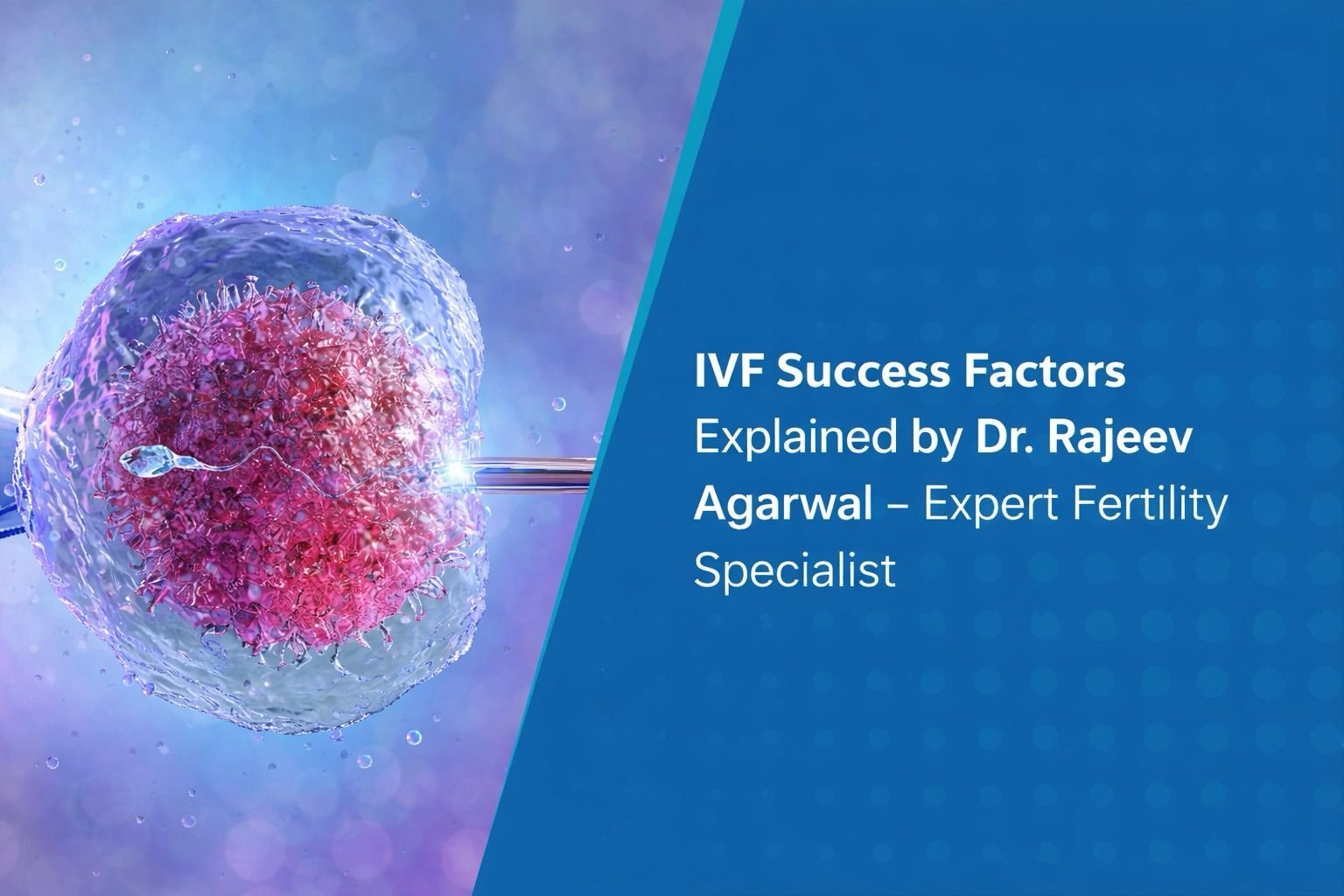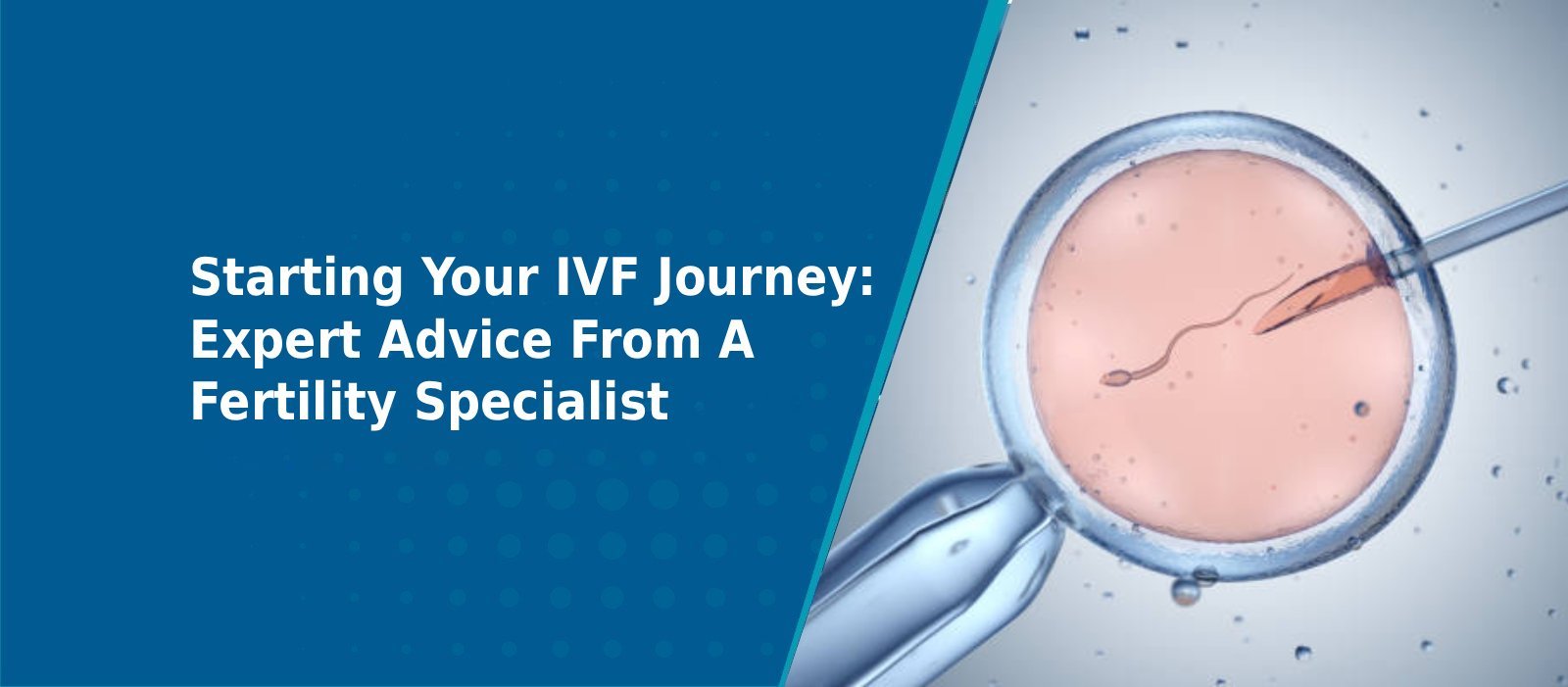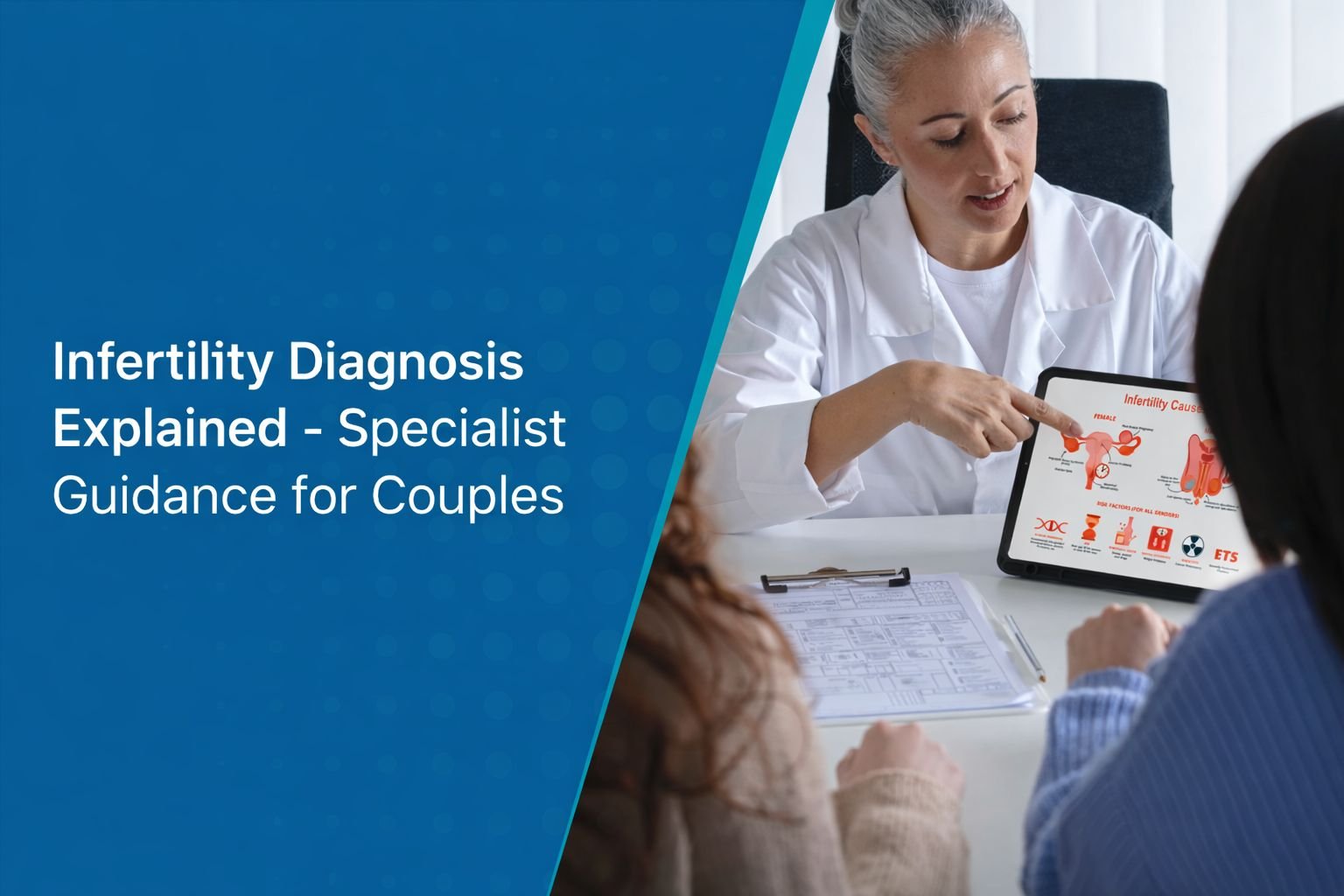
Infertility Help: Personalized Support for Your Parenthood Journey
Struggling to conceive? You’re not alone—and we’re here to help. With a combination of advanced fertility diagnostics, emotional support, and personalized treatment plans, we walk with you every step of the way.

Talk to us about
Why me? How am I different?
Planning Ahead
We believe in helping our patients plan ahead as learning about your fertility should not come at the last minute.
Holistic Approach
We understand that there are many factors from our lifestyle to our medical history to our genetics that can affect our fertility. Our comprehensive fertility consults take all this into account during discussions.
Personalised
Fertility and pregnancy look different for everyone so we are focused on providing care that is built around you.
Advanced Science
Our care is rigorously founded on the latest advancements in fertility, leaving no room for anything less. No gimmicks, or false hope, just evidence-based advanced care.
Frequently Asked Questions
Improving fertility involves addressing both lifestyle and medical factors. Here are some key steps:
- Maintain a Healthy Lifestyle:
- Eat a balanced diet rich in fruits, vegetables, whole grains, lean proteins, and healthy fats.
- Maintain a healthy body weight, as being overweight or underweight can affect fertility.
- Exercise regularly but avoid excessive or high-intensity workouts, as they can disrupt hormonal balance.
- Track Your Ovulation:
- Use ovulation predictor kits, fertility tracking apps, or follicular study via USG to identify your fertile window.
- Monitor signs of ovulation, such as changes in cervical mucus and basal body temperature and mild abdominal discomfort during ovulation.
- Limit Toxins:
- Avoid smoking, excessive alcohol consumption, excessive intake of caffeine and recreational drugs.
- Minimize exposure to environmental toxins, such as pesticides, too much usage of plastics and exposure to heat and chemicals.
- Manage Stress:
- Chronic stress can negatively impact fertility. Practice relaxation techniques like yoga, meditation, or mindfulness.
- Get Regular Health Check-Ups:
- Ensure underlying health issues, such as hormonal disorders, diabetes, hypertension etc. are managed.
Infertility is defined as the inability to conceive after one year of regular, unprotected sexual intercourse for couples under 35, or after six months for couples over 35. It can result from issues affecting either partner or a combination of factors.
Common Causes of Infertility:
- Female Factors:
- Ovulation disorders (e.g., PCOS, premature ovarian failure)
- Blocked fallopian tubes (due to infections or endometriosis)
- Uterine abnormalities (fibroids, polyps, scar tissue or septum)
- Poor egg quality (age-related decline or other factors)
- Male Factors:
- Low sperm count or poor sperm motility
- Hormonal imbalances
- Genetic disorders
- Lifestyle factors (smoking, alcohol, obesity)
- Combined or Unexplained Factors:
- In about 15-30% of cases, no clear cause is identified.
- They need to uplift their treatment to acheive pregnancy.
If you’re struggling to conceive, seeking fertility support can be incredibly helpful. Here’s how to start:
- Consult a Specialist:
- Book an appointment with a fertility expert to evaluate your reproductive health.
- Tests may include hormone level assessments, ultrasound scans, and semen analysis.
- Join Support Groups:
- Connect with others who share similar experiences through in-person or online communities.
- Utilize Technology:
- Fertility tracking apps and teleconsultations can provide valuable insights and convenience.
- Seek Emotional Support:
- Consider counseling to cope with the emotional challenges of fertility issues.
In addition to fertility supplements, certain foods and lifestyle changes can enhance your chances of conception:
- Fertility-Boosting Foods:
- Leafy greens (spinach, kale) for folate.
- Nuts and seeds for zinc and selenium.
- Fatty fish (salmon, mackerel) for omega-3s.
- Whole grains and legumes for sustained energy and nutrients.
- Protein rich food intake.
- Herbal Remedies:
- Maca root, chasteberry, and ashwagandha have been traditionally used to support reproductive health. Use these under medical guidance.
- Hydration:
- Drink plenty of water to maintain hydration.
You should consider consulting a fertility specialist if:
- You’re Under 35:
- Have been trying to conceive for over a year regularly without success.
- You’re Over 35:
- You must consult at your initial phase of trying for conception.
- You Have Known Medical Conditions:
- Such as PCOS, endometriosis, and thyroid or prolactin disorders.
- Irregular Periods:
- May indicate hormonal imbalances or ovulatory issues.
- Previous Pregnancy Losses:
- Recurrent miscarriages warrant medical evaluation.
Male fertility
When experiencing erectile or ejaculatory disorders, suffer from mumps in childhood.
Unique Approach To
Your Health Needs
We had been trying for years. Dr. Rajeev’s team gave us hope and our miracle baby.

Sumeet & Neha
The emotional support was as impactful as the medical treatment. Forever grateful.

Jiniya
Every test, every option was explained clearly. I felt empowered and supported.

Smita
Their patience and persistence made all the difference. We now have twins!

Amandeep & Gurpreet


10K
happy patients

4.9
google ratings


Other Services

Fibroid Solutions
Natural solutions to manage and reduce fibroids.
- Herbal and dietary plans.
- Targeted relief.
- Holistic strategies.

Period Pain Relief
Effective solutions for pain-free periods.
- Personalised diagnosis and treatment plans.
- Medication and hormonal therapy options.
- Non-invasive procedures for lasting relief.

Fertility Support
Helping you achieve parenthood with expert care.
- Personalized consultations and assessments.
- Advanced treatments: IVF, IUI, and surgeries.
- Emotional support and state-of-the-art.

Menopause Wellness
Navigate with confidence and balance.
- Science-backed remedies.
- Hormone-supporting plans.
- Ongoing wellness strategies.

PCOS Care
Holistic management for a healthier, balanced life.
- Personalised diagnosis and treatment plans.
- Hormonal and metabolic management.
- Support for fertility and menstrual health.
Essential Resources
In This Article What Do IVF Success Rates Actually
Key Takeaways IVF is one of the most advanced fertility
Key Takeaways Infertility is more common than you think,




